Please forgive my slightly longer word-count on my last blog before the New Year… I must share a thought or two…
Many of my readers, friends and family know I’ve been working on a new novel about the Declaration of Independence. Through my research, I’ve come to learn about two of the lesser-known, yet great founding fathers: George Wythe of Virginia, and Oliver Wolcott of Connecticut. Both of them voted for revolution and signed the document. Before the signing, and throughout the war, they played very different roles, pouring their talents, connections, hearts and minds into very different vessels for “the Cause.”
Oliver Wolcott, in an ironic story, watched as rebel soldiers in New York pulled down a massive iron statue of King George III. He had it carted back to Connecticut, and with the help of family and neighbors, they melted down the king and poured him into molds to make over 40,000 musket balls. All of those cartridges went on to be fired by the Continental Army upon the British during the war.
In Virginia, George Wythe, a professor at William & Mary, taught the man who wrote the Declaration. Thomas Jefferson studied under Wythe in Williamsburg, as did James Monroe, Henry Clay, and our longest-serving Chief Justice of the Supreme Court, John Marshall. Everything that Wythe had learned of Greek history, of Euripides, of Francis Bacon and of John Locke’s beliefs about life and liberty was poured into his students. After signing the Declaration himself, Wythe fought for the abolishment of slavery, designed the Virginia state seal, and more. But it was through Jefferson as his pen, that Wythe gave America the Declaration in 1776.
As many know, that one piece of parchment not only helped free America from oppression, our Declaration became the gold standard from which dozens of declarations for freedom have sprung. France used sections for their Declaration of the Rights of Man and Citizens (1784), as did Haiti (1804), Chili (1818), New Zealand (1835), Texas (1836), Czechoslovakia (1918), and even Vietnam (1945), among others.
Very few people besides historians (and my DAR ladies) seem to know much about George Wythe, and even fewer have heard of Oliver Wolcott, with only a small handful ever having heard the King George statue story. The world knows about Thomas Jefferson, and his statue keeps watch over our nation’s capitol. Each year, over two million people visit the National Archives in D.C. to see the original Declaration of Independence. Seldom has anyone given thought to the musket balls, except long-dead relatives who mourned the lives of those British soldiers who never returned home. So, what can we learn from our own history?
We have choice in life. Into which vessel will we pour ourselves? Will it be into a musket ball or an education? History has shown us that while weapons can help a country win a battle, an education will absolutely free the world. This truth, is self-evident.
My heart mourns for the students and teachers of Sandy Hook Elementary and their families. Sadly, those little ones were not yet of the age to have learned about the Declaration. However, the education being shared in that classroom and others before the tragedy took place… that is the firepower that will make America proud, strong and free. That is the weapon in which we should invest the most if we are to secure our future.
I hope you’ll forward this on until we all learn that rights are best freed with our minds. Not might.
I wish you a peaceful, thoughtful, and loving holiday. See you in the New Year.
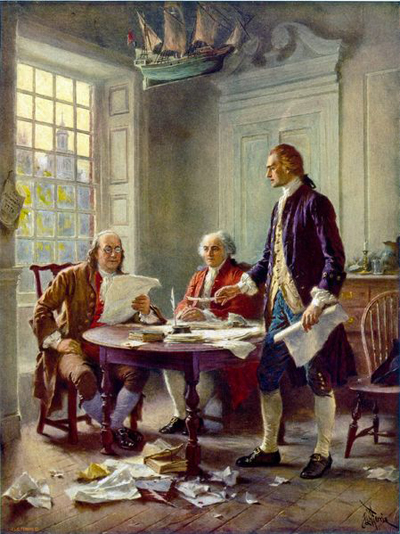


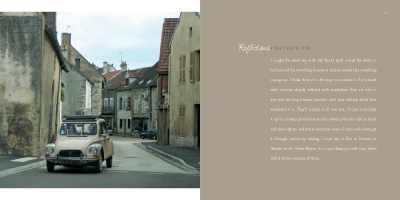
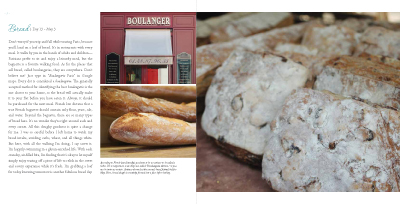


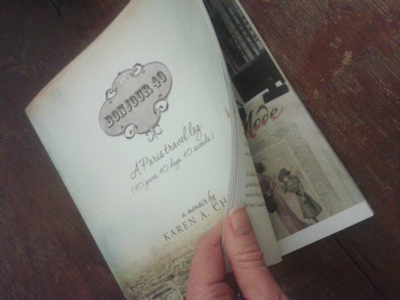
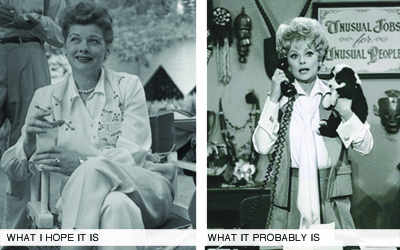
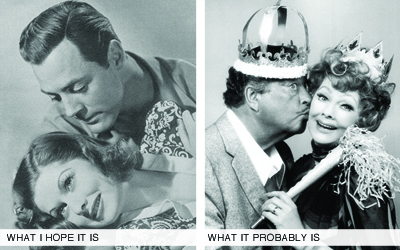
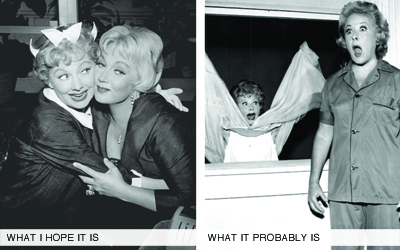
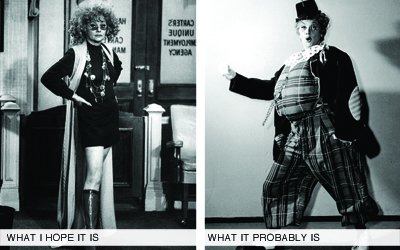
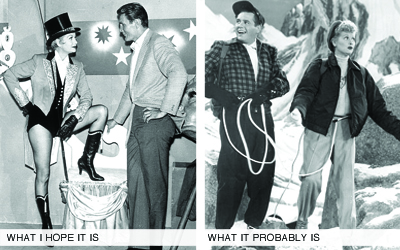
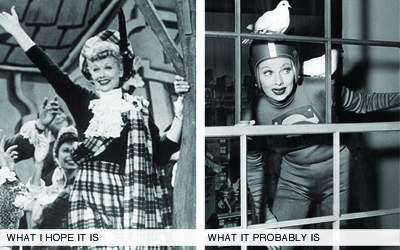
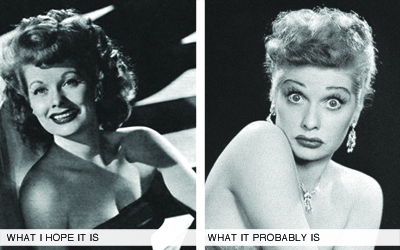
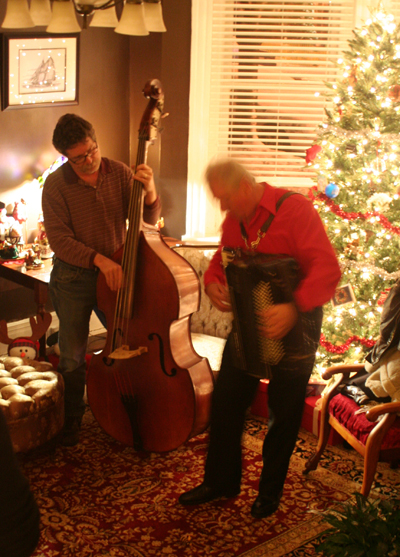

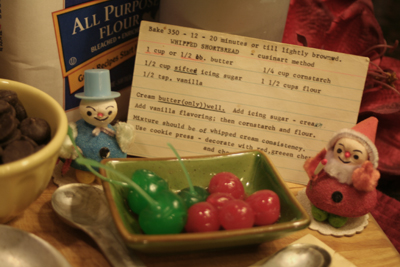
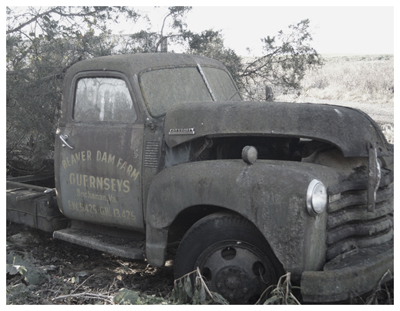
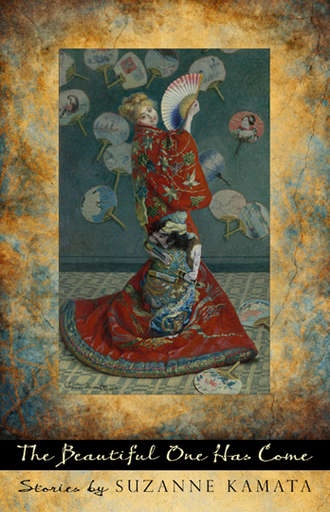
![Suzanne_Kamata_thumb[1]](http://www.karenachase.com/wp-content/uploads/2012/11/Suzanne_Kamata_thumb1.jpg)